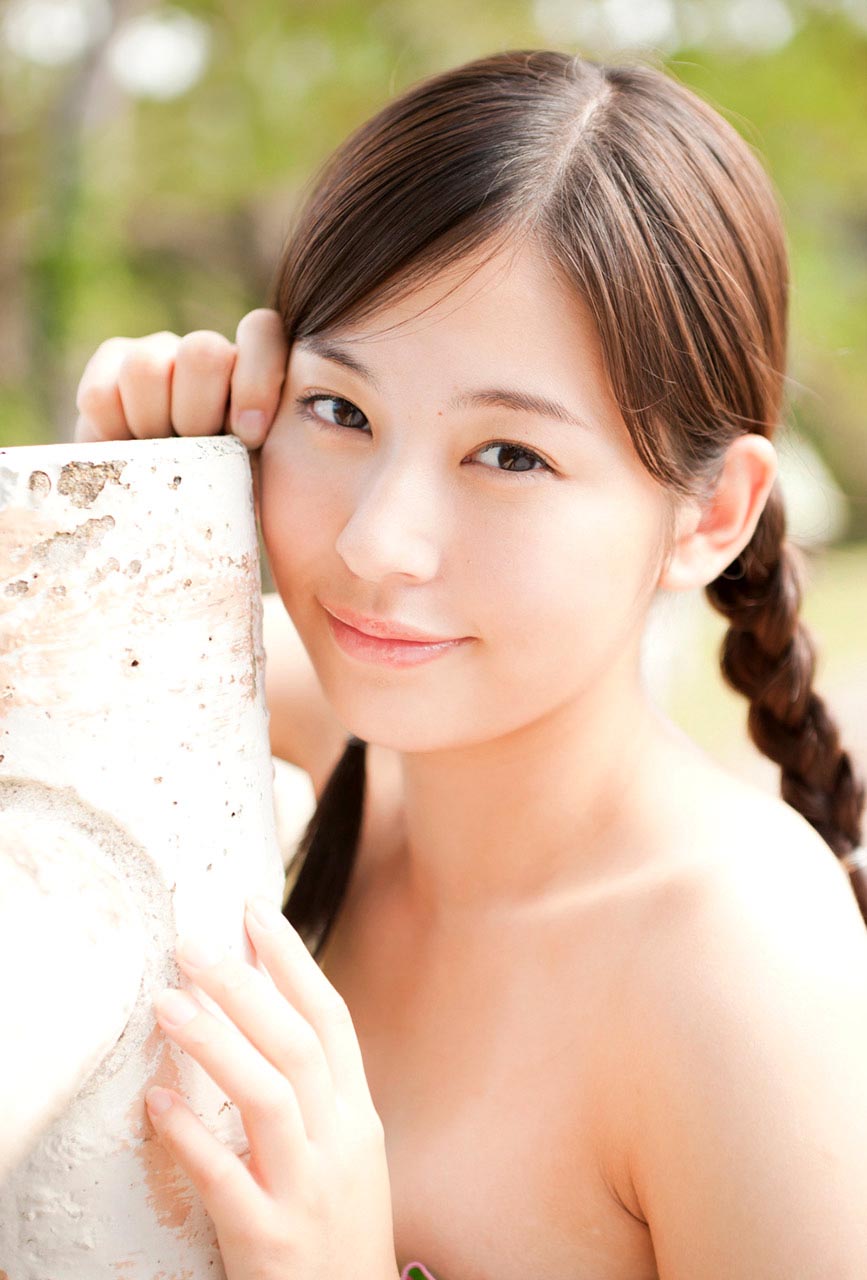Japanese softcore is a captivating genre that intertwines art, culture, and sensuality, offering a unique perspective on eroticism. This genre has carved its niche, showcasing a blend of aesthetic beauty and subtle allure, which resonates with audiences both in Japan and around the world. Unlike its hardcore counterparts, Japanese softcore emphasizes suggestiveness, often leaving much to the imagination while still evoking a sense of intimacy and connection.
The roots of Japanese softcore can be traced back to traditional art forms, where sensuality is often portrayed through delicate brushstrokes and poetic expressions. As Japanese cinema and media evolved, so did the representation of sensual themes, leading to the emergence of a distinctive style that combines visual artistry with storytelling. This genre has not only influenced Japanese pop culture but has also made its mark internationally, attracting a diverse audience drawn to its unique charm.
In this article, we will delve into the fascinating world of Japanese softcore, exploring its origins, key characteristics, and the notable figures who have contributed to its popularity. We will answer important questions surrounding this genre, providing insights into its appeal and cultural significance. Whether you are an aficionado or a newcomer, join us as we navigate the enchanting landscape of Japanese softcore.
What is Japanese Softcore?
Japanese softcore refers to a genre of media that presents erotic content in a more subtle and artistic manner. Unlike hardcore pornography, which often focuses on explicit sexual acts, softcore emphasizes sensuality, romance, and the beauty of the human form. This genre is characterized by:
- Implied nudity rather than explicit scenes.
- Artistic cinematography and storytelling.
- A focus on emotional connection and intimacy.
- Use of symbolism and metaphor to convey erotic themes.
How Did Japanese Softcore Evolve Over Time?
The evolution of Japanese softcore can be traced back to various cultural influences, including traditional erotic art forms like ukiyo-e and shunga. As Japan modernized, the genre began to incorporate elements from Western media, leading to a unique fusion that defines contemporary Japanese softcore. Key milestones in its evolution include:
- The emergence of pink films in the 1960s, which blurred the lines between mainstream cinema and erotic content.
- The rise of anime and manga that explore sensual themes in a softcore context.
- The influence of fashion and pop culture on visual storytelling in softcore media.
Who are the Pioneers of Japanese Softcore?
Several filmmakers, artists, and actors have played a pivotal role in shaping the landscape of Japanese softcore. Among them are:
- Yasuzō Masumura – A renowned director known for his provocative films that explore sexuality and human relationships.
- Koji Wakamatsu – A filmmaker whose works often challenged societal norms and delved into the erotic.
- Rena Tanaka – An actress celebrated for her performances in softcore films, bringing depth and emotion to her roles.
What Makes Japanese Softcore Unique?
Japanese softcore stands apart from other genres due to its cultural nuances and artistic approach. Key factors that contribute to its uniqueness include:
- The integration of traditional art and modern storytelling techniques.
- The emphasis on visual aesthetics, often resulting in breathtaking cinematography.
- A focus on character development and emotional depth, making the narratives relatable.
Is Japanese Softcore Acceptable in Society?
While Japanese softcore has gained popularity, societal perceptions of erotic content can be complex. In Japan, there exists a cultural acceptance of sensuality that differs from Western views. However, discussions surrounding censorship, morality, and the portrayal of women in media continue to spark debates. Ultimately, the acceptance of Japanese softcore varies among different demographics and cultural contexts.
What Role Does Japanese Softcore Play in Pop Culture?
Japanese softcore has significantly influenced pop culture, inspiring fashion trends, art, and even music. It has contributed to the creation of visually striking imagery that permeates various forms of media. Additionally, it has paved the way for discussions about sexuality, intimacy, and the representation of eroticism in a diverse and evolving cultural landscape.
How Can One Experience Japanese Softcore?
For those interested in exploring Japanese softcore, there are several avenues to consider:
- Watching classic pink films and contemporary softcore movies.
- Exploring anime and manga that subtly depict sensual themes.
- Engaging with art exhibitions that showcase erotic art forms.
What are the Future Trends in Japanese Softcore?
The future of Japanese softcore looks promising, with emerging filmmakers and artists bringing fresh perspectives to the genre. As societal attitudes toward sexuality continue to evolve, Japanese softcore may further explore themes of inclusivity, diversity, and the complexities of human relationships. The fusion of traditional elements with modern storytelling is likely to shape the genre's trajectory, making it an exciting area to watch.
In conclusion, Japanese softcore is a genre that offers a unique blend of sensuality, artistry, and cultural significance. Its evolution over time reflects changing societal attitudes and artistic expressions, making it a fascinating subject for exploration. Whether you are drawn to its aesthetic beauty or its deeper narratives, Japanese softcore invites audiences to engage with the complexities of human desire in an elegant and thought-provoking manner.


